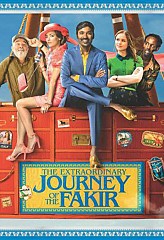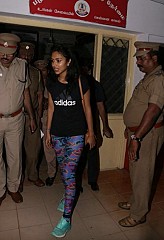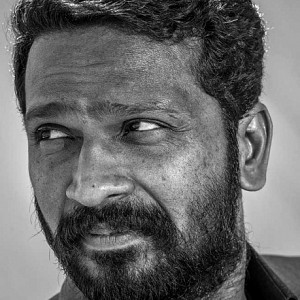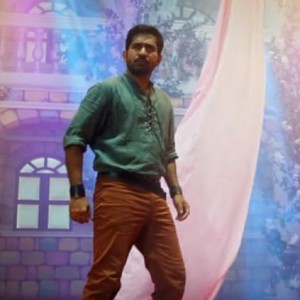FROM KOLAVERI TO PRIYA PRAKASH VARRIER, AND HOW #HASHTAGS GROW BIGGER THAN THE MOVIES!
Home > Columns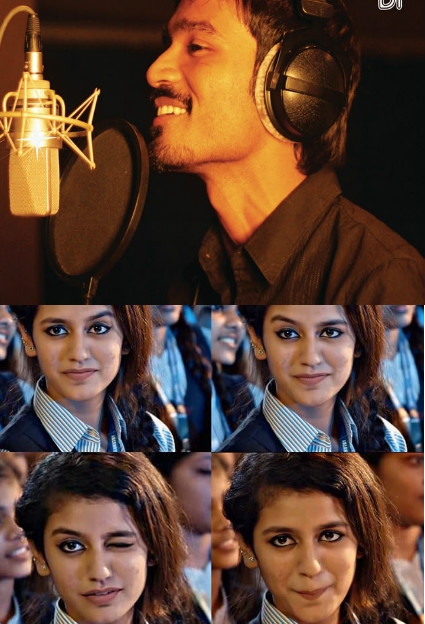
On the heels of New Year 2012, the nation was dancing to the tanglish beats of Dhanush’s number ‘Why this Kolaveri Di”. The song went on to become the most searched YouTube video in India and a never-seen- before internet phenomenon. Nowadays, viral sensations are growing bigger than the movies or projects they are associated with. A couple of days back, the nation was smitten by the wink of a young girl from Kerala, Priya Prakash Varrier. A simple clip of her winking at a boy, from the upcoming Malayalam movie Oru Adaar Love caught social media by storm and flooded it with memes.
Apart from #Kolaveri and #PriyaPrakashVarrier, there are other surprising entrants on this list like #OviyaArmy, which invaded social media platforms after actor Oviya walked out of the reality show Big Boss halfway, and the inglorious #Suchileaks, which perplexed the Tamil film industry and audience alike. The primary question regarding these viral phenomena is, “Why do some hashtags become viral while millions of hashtags go unnoticed every day?” If anyone had got a formula to trigger a viral sensation, it would have been copied virally by now. Another particular thing about the viral stuff is that they stubbornly defy conventional logic and standard definitions of widely accepted tastes.
While #Kolaveri made everyone dance with its simple, nonsensical lyrics, #PriyaPrakashVarrier stole hearts throughout the length and breadth of the nation with a simple wink in an ordinary looking song video. Their unbelievable connection with netizens lies in the mystic ways social media interact with and influence collective consciousness. On a closer look, these viral sensations manifold as permutations with the help of their copies, copies of copies, memes, and remixes, which both honour and mock them. In other words, they become easy and the most visible, and hence the most vulnerable targets for parodies.
This fact uncovers an interesting cross-cultural virtual universe made possible by internet technology. In those weird worlds, it is possible that the various cultures interact, intermix, manipulate each other, and replicate in lightning speed. This is the reason why #Kolaveri and the recent Malayalam viral sensation, #JimikkiKammal crossed international borders and were recreated many times, defying language and cultural obstacles. The #gangnamstyle hashtag, which started its long journey from South Korea, is a perfect example of this cross-cultural, transgressive nature of viral sensations. Most of these viral phenomena travelled across the globe as videos, which are very influential in the virtual world, and propagated by a relatively young fan base.
Googling out the meaning of the lyrics of a song or its particular cultural nuance is a cakewalk in our age of information supremacy. Most of the viral videos are, in one way or another, rebellious in content. They either protest or ridicule an existing status quo in the social or individual life, which barricades the realizations of a generation’s desires and dreams. While #Kolaveri Di grieves a young man’s unrequited love, #PriyaPrakashVarrier reinvents romance in popular culture of an increasingly cynical society, in which people are beaten up for exchanging love.
Earlier, you needed to authorise the stuff you want to listen, watch or play beforehand by various forms of cultural and moral grand-dads. Unless a song, a video or a movie passed the moral codes of the society, they couldn't reach the receiving end through the sparse channels and platforms. But, with the proliferation of social media, there is a radical shift in the cultural hegemony, and “illogical”, “meaningless” or “silly” stuff steal the hearts of millions. What considered as low art by cultural elitism is not “low” anymore, and it can touch millions of hearts in the wink of an eye. Hence, the most bewildering everyday question in our times is, “Which is the next #hashhag?”
Behindwoods is not responsible for the views of columnists.
FACEBOOK COMMENTS
OTHER LATEST BEHINDWOODS COLUMNS
RAGESH DIPU'S OTHER COLUMNS
- From Mahesh to the Fakir: The Extraordinary Journey of Dhanush
- The attacks and assaults on actresses, or should we say, women
- A question at the time of the theatre shutdown: Why are we going to the movies?
- From Anbe Sivam to Velaikkaran - How Tamil Cinema dealt with consumerism
- How Malayalam and Tamil cinemas exchanged actors
- The Many Lives of Fahadh Faasil
- The Suriya body shaming incident - Are you sure you have not done it too?
- Aruvi: A genre-bender, a trailblazer and the making of a cult
RELATED LINKS
- OFFICIAL: Simbu-Oviya combo! | TK875
- Idi Naa Love Story (Telugu) | Movies to watch this week - Slideshow
- Oru Adaar Love - Teaser - Videos
- Police Complaint against Priya Varrier's Song | Oru Adaar Love | TK 872
- Priya Varrier Heart-breaking shoot out | Oru Adaar Love | TK 870
- Priya Varrier's full collection of cute moments | TK 865
- Who is Priya Prakash Varrier? | Cute and Trending Sensation! | Oru Adaar Love
- From Mahesh to the Fakir: The Extraordinary Journey of Dhanush
- Oru Adaar Love - Manikya Malaraya Poovi - Song - Videos
- STR's new Song Desi Kuthu | #Desikuthu | TK 799
- Viral Moments 2017 | Jallikattu to Rajinikanth
- "Bigg Boss Oviya Maathiri TTV Dhinakaran" | RK Nagar Election | DC 145
- Why People love Oviya So Much? - Reveals Photographer Karthik Srinivasan
- "Oviya army has changed to Oviya Family"- Oviya | Bigg Boss | TN 318
- "I'm ready to Act with Oviya" | Aarav Reveals About his New Film Project| TN304

